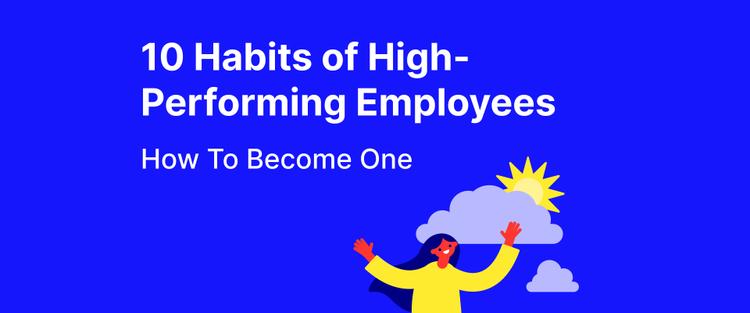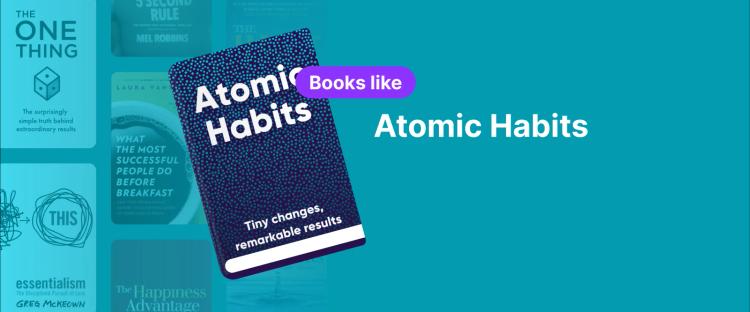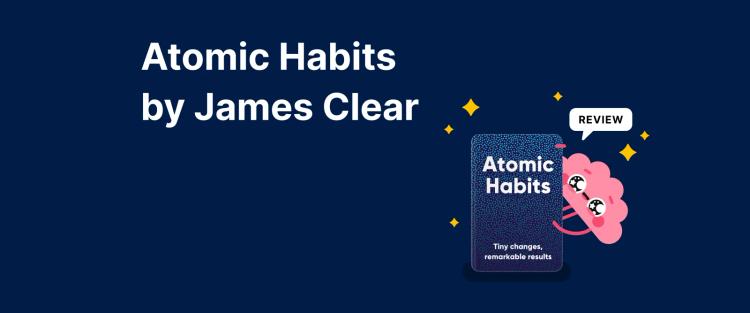Have you heard of Kaizen? Maybe you've heard this Japanese word in passing, but do you know much about it?
Kaizen, or Gemba Kaizen as it’s sometimes known, is a philosophy rooted in the Japanese concept of continuous improvement. It was developed by Masaaki Imai, an organizational theorist and management consultant. The word translates to "change for the better," and its essence lies in making small, incremental improvements that build up over time to create significant, lasting progress.
So, if this sounds like something of use to you, get ready to learn more about implementing the Kaizen methodology into your life.
Understanding Kaizen
Kaizen emerged in Japan during the post-World War II era. Facing economic devastation, Japanese businesses, particularly in manufacturing, needed a way to rebuild efficiently. Inspired by American quality control techniques, Japanese companies — most notably the Toyota production system — adopted and refined the Kaizen process to help boost customer satisfaction as part of the overall improvement process. They quickly found that it helped their business workflows by boosting their supply chain presence and allowing them to implement successful value stream mapping.

From there, it became central to lean manufacturing, emphasizing teamwork, efficiency, and relentless minor improvements to achieve significant results. Soon, a culture of continuous improvement became the general norm. These days, Kaizen has gone beyond cars and has seeped into our everyday lives while remaining a key driver of Japan’s competitive success.
In his best-selling book, 'The Toyota Way,' Jeffrey K. Liker gives some inspiring insights into how the Kaizen approach inspired Toyota's management and business philosophy, including their overall organizational culture.
"Every team member has the responsibility to stop the line every time they see something that is out of standard. That's how we put the responsibility for quality in the hands of our team members."
Core principles of Kaizen
The Kaizen mindset is about making small changes that are highly doable yet have a huge impact over time. It's beneficial in business processes, but you can also use it in your personal life. However, it’s important to understand how Kaizen works before you start, so let's break down the main principles:
Continuous improvement: Even when everything is going well, Kaizen pushes to find out what comes next.
Everyone's involved: Everyone is involved in collaboration. After all, fresh ideas come from all directions, and Kaizen thrives on teamwork. In your personal life, this means not only listening to your own ideas but being open to those of others, too.
Eliminate waste: Anything that doesn't add value to your life has to go. If it wastes your time, it doesn't deserve your presence.
Focus on the process: Kaizen really is about the journey and not the end result. It encourages you to look at how you do things and what changes you can make to create more efficiency.
Baby steps: Kaizen doesn't push for big, sweeping changes. It encourages small baby steps every day, which lead to impressive results. Take your time!

The benefits of Kaizen for self-improvement
Before we jump into how to implement the Kaizen method, let's explore how embracing it can enhance your everyday life.
Boosts productivity
By focusing on incremental improvements, Kaizen helps you avoid feeling overwhelmed by large tasks. Breaking goals into smaller, manageable steps makes them easier to tackle, leading to consistent progress and a sense of accomplishment.
Fuels personal growth
Continuous improvement means you're always striving to be a better version of yourself. Whether learning a new skill, improving your time management, or refining your communication abilities, Kaizen encourages a proactive approach to growth.
Jordan B. Peterson highlights this in his bestselling book, '12 Rules for Life.' There, he talks about how you must only compare yourself to who you were yesterday, and not focus on other people. By doing this, you make greater progress and grow as an individual.
"The highest wisdom is to live a life that fills you with a sense of meaning instead of pursuing only what is expedient in the short term."
Builds better habits
The Kaizen philosophy’s emphasis on gradual change makes it an effective strategy for habit formation. Instead of forcing drastic changes that are hard to stick to, Kaizen advises starting small.

For instance, in his best-selling book, 'As a Man Thinketh,' James Allen explains that the human mind is akin to a garden; what we plant is what grows. By cultivating positive habits, we focus on better outcomes.
"A man's mind may be likened to a garden, which may be intelligently cultivated or allowed to run wild; but whether cultivated or neglected, it must, and will, bring forth. If no useful seeds are put into it, then an abundance of useless weed seeds will fall therein, and will continue to produce their kind."
Fosters a growth mindset
By practicing Kaizen, you develop a mindset that views challenges as opportunities to grow rather than obstacles to avoid. This shift in perspective can make you more resilient and open to new experiences.
Encourages self-reflection
A key aspect of Kaizen is regularly evaluating what's working and what's not to identify areas for improvement and celebrate your progress. Remember, every step forward, no matter how small, is valuable.
Reduces perfectionism
By emphasizing progress over perfection, Kaizen helps you let go of the need to have everything just right from the start. It reduces stress and makes it easier to take the first step toward your goals.

As you can see, Kaizen is far more than just manufacturing processes and quality management!
Kaizen: The key ways to implement it into your life
Before we talk about how to implement the Kaizen philosophy into your life, let's take a look at the main tools and techniques:
The 5S Approach
Originally designed for workplace organization and project management, you can use the 5S system quite easily in your personal life:
Sort (Seiri): Declutter your living space or digital files. For example, unsubscribe from newsletters you never read or donate clothes you no longer wear. Decluttering helps you understand the root cause of the problem.
Set in order (Seiton): Arrange your belongings so everything has a place.
Shine (Seiso): Keep your surroundings clean and tidy. A quick 10-minute tidy-up at the end of the day can work wonders.
Standardize (Seiketsu): Create routines that make maintenance easier, like a weekly schedule of household chores.
Sustain (Shitsuke): Review and adjust your processes regularly and make necessary changes. Setting trackable metrics also helps.
'The Lean Startup' by Eric Ries gives some useful tips that link closely to the 5S Approach. Not only can these ideas be used in business but they’re also applicable in our personal lives too.
"If you cannot fail, you cannot learn." — Eric Ries
The PDCA Cycle
PDCA stands for Plan-Do-Check-Act. This framework is simple yet powerful for problem-solving and improvement. Let's look at an example to illustrate how it works:
Plan: Pinpoint something you want to improve, like waking up earlier. Decide on a small, actionable step, such as setting your alarm 10 minutes earlier each week.
Do: Implement the change by setting your alarm earlier and waking up at the new time.
Check: Reflect on the results. Are you feeling more productive in the mornings?
Act: If it's working, continue. If not, tweak your approach, like adjusting your bedtime.

So, how can you implement Kaizen in your personal life?
Start small: Begin with minor adjustments to avoid feeling overwhelmed. Don't jump into huge changes straightaway; think small and sustainable.
Set clear goals: Define specific, achievable objectives. For instance, instead of “I will get fit,” try “I will walk 3,000 steps daily.”
Use the 1% Rule: Focus on improving by just 1% each day. Small steps lead to big Kaizen events.
Track your progress: Use tools to help you keep track of your progress, such as a journal, app, or even a simple checklist.
Reflect regularly: Set aside time weekly to review what's working and what's not. Adjust your habits and goals as needed. Besides, seeing your progress is highly motivating.
Celebrate small wins: Reward yourself for milestones, no matter how small.
Remember, it's not about intensity and giant leaps forward; consistency is key. Small changes practiced daily lead to extraordinary results over time.
Challenges and solutions to living the Kaizen way
We know that living the Kaizen way is about small improvements over time, but let's be honest: it's not always smooth sailing. Life loves to throw us curveballs, and some common hurdles include:
Maintaining consistency: Making daily or weekly improvements can feel daunting, especially when life presents the unexpected.
Impatience with results: When changes are small, the progress can seem too slow, making it easy to lose interest.
Perfectionism paralysis: Overthinking every step and waiting for the “perfect” moment to start slows things down.
But don't worry; there are plenty of ways to tackle these challenges head-on, including:
Using digital tools: Use apps to track habits, set reminders, and celebrate your progress. Ticking a box creates a real surge of dopamine, too!

Set realistic goals: Start small, and remember that tiny wins are still wins, and they add up faster than you think.
Create rituals: Turn your improvements into enjoyable routines. Pair a new habit with something you love, like practicing mindfulness during your morning coffee or organizing your desk while listening to a favorite podcast.
Practice self-compassion: We all make mistakes, and that's okay. Instead of focusing on what went wrong, ask yourself, “What tiny changes can I make tomorrow to get back on track?”
Celebrate the smallest of wins: A weekly reflection or a small treat can keep motivation alive.
Don't aim for perfection; it doesn't exist. Instead, keep the momentum going, even when it's just baby steps.
Boost your self-development journey with Headway summaries
Self-improvement is an ongoing journey and can sometimes feel like an uphill struggle. Yet, the Kaizen way takes the stress out of continuous improvement and focuses on small, slow, and steady. There's no rush, and it's no competition. The only person you need to please here is yourself.
While adjusting your life to align with Kaizen, why not let Headway help you along the way? With 15-minute summaries of the world's best-selling books, you can listen or read on the go and learn as part of your busy lifestyle.

Many summaries focus on improving your life and happiness, such as the famous 'Atomic Habits' by James Clear, which teaches us how to break bad habits and build new, productive ones.
"Every action you take is a vote for the type of person you wish to become. No single instance will transform your beliefs, but as the votes build up, so does the evidence of your new identity." — James Clear
Discover inspiring, practical insights and theories to help you make small, focused changes with Headway's help. Why not start today?






